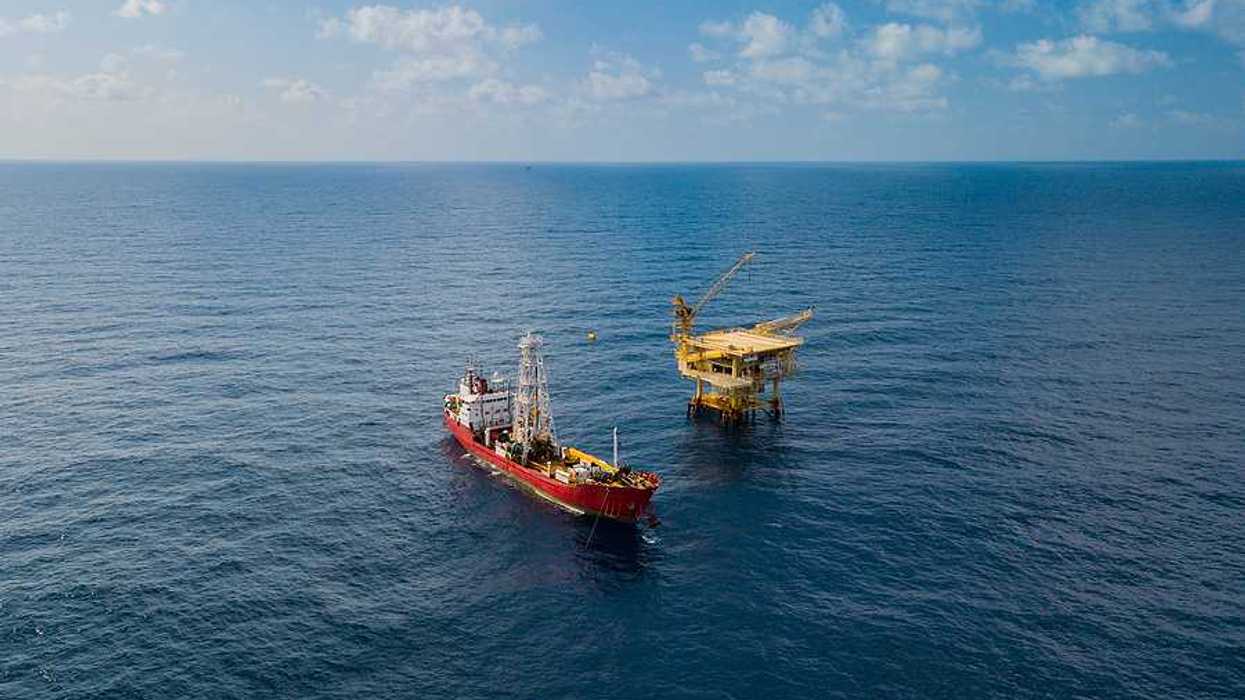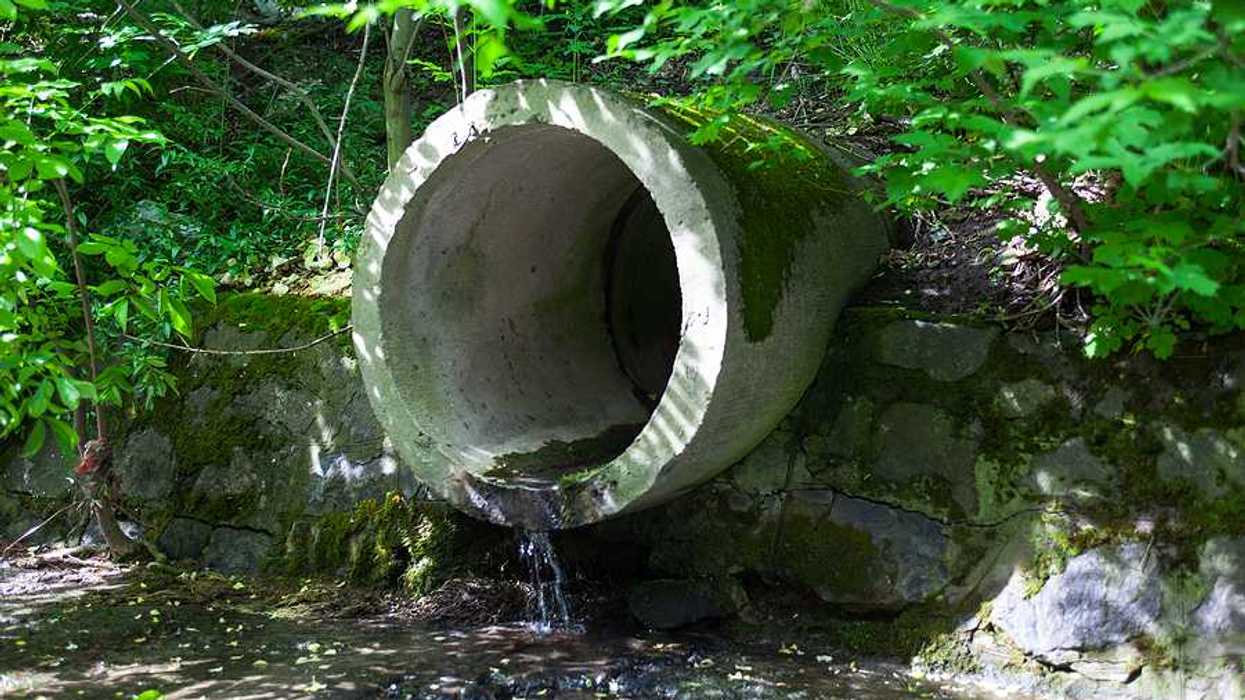A deeper dive into the ocean's heart reveals a world rich with life, challenging our understanding of Earth's biosphere and highlighting the dire consequences of human pollution.
James Bradley reports for The Guardian.
In short:
- Discoveries in the deep sea, such as hydrothermal vents and new species, expand our knowledge of life's potential habitats, including implications for extraterrestrial life.
- Human activity, including dumping nuclear waste and plastics, severely impacts deep-sea environments, affecting ecosystems and potentially human health.
- The deep ocean's history and its role in the Earth's biosphere suggest a need for a paradigm shift in how we view and treat this vast, interconnected habitat.
Key quote:
"The deep ocean is the largest environment on Earth, making up 95% of the ocean biosphere and, depending on how you measure it, close to 90% of the livable space on the planet."
— James Bradley, The Guardian.
Why this matters:
The deep ocean's role in Earth's biosphere challenges our human perception of biodiverse habitats and the need to make the conservation of these mysterious depths a matter of urgency for both the planet's and our own health. Conflicting interests muddy the waters of US ocean protection.













